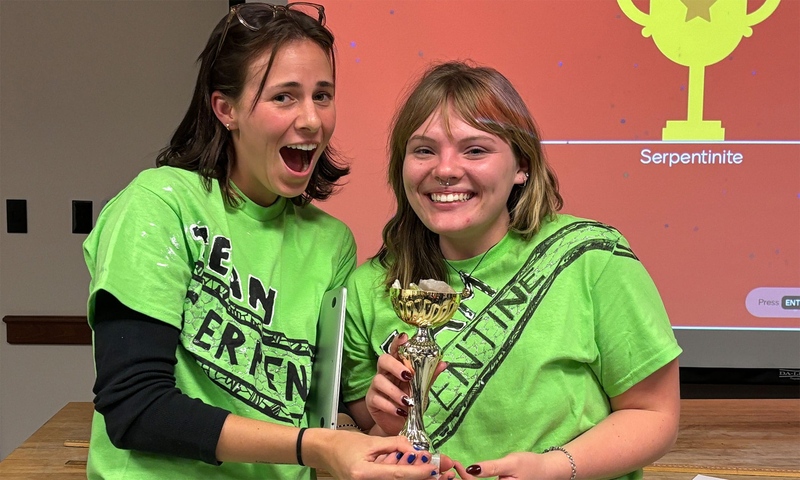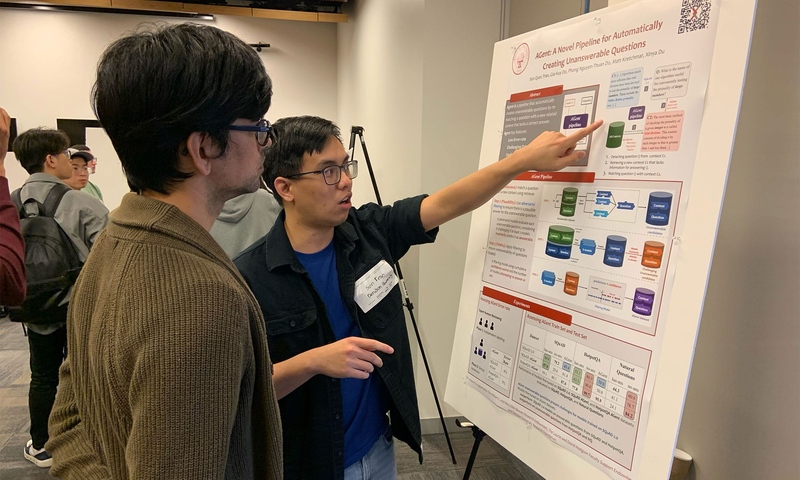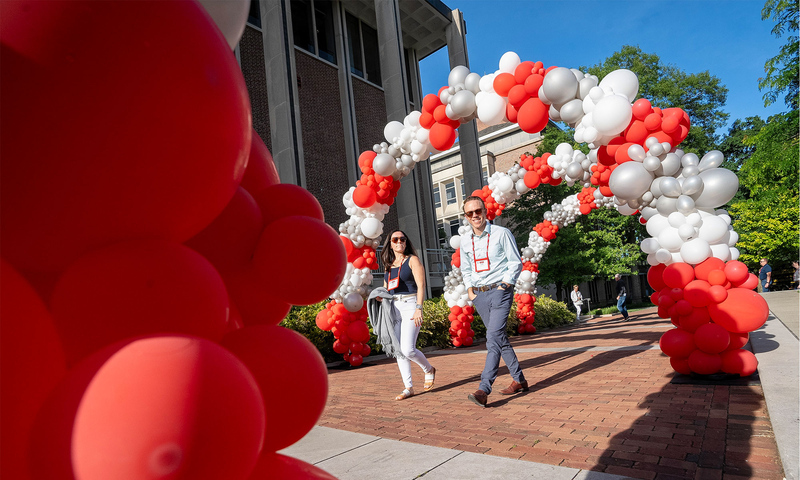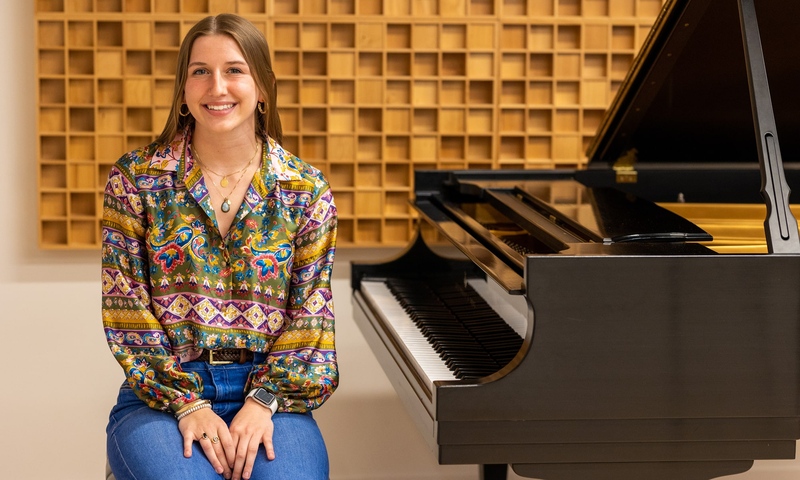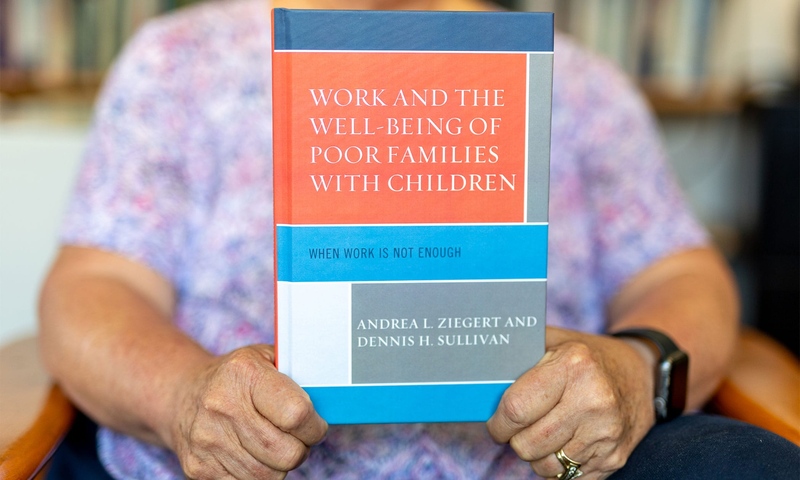This article was originally published on LinkedIn.
It is that time of the year. High school seniors are starting to receive their acceptance letters to college, and over the next eight weeks a lot of life-changing decisions will be made. Elsewhere I have written advice on how to choose a college, but I remain convinced that we spend too much time worrying about how to select a college and not enough thinking about how to take advantage of college once enrolled. I also am convinced that it would be easier to select the right college if we had a better sense of what a transformational college experience looks like.
Three recent books are worth reading, especially for parents who are sending students off to college for the first time.
Let me begin with a book that I have been recommending for the last few years, called How College Works by Dan Chambliss and Christopher Takacs. The book is based on 10 years of research that followed 100 students who attended a liberal arts college. What the authors found is that education is a relational process. My favorite passage states:
People, far more than programs, majors or classes, are decisive in students’ experiences of college. … So students who want to both enjoy college and get the most from it in the long run must find at least a few good friends, and a couple of great teachers. A great mentor—a trusted adult advisor, if one can be found, adds a tremendous advantage. (How College Works, p.163)
The most important single statement in the book may be this: “College works when it provides a thick environment of constant feedback, driven by the establishment and maintenance of social relationships.”
Simply put, students need to be in an environment where there are lots of face-to-face relationships with faculty, peers, and others. Not surprisingly, writing improves when professors sit with a student and discuss their prose. Speaking improves when a student is in a small class and must engage. Ethics develop when students confront personal conflicts and learn to resolve them with their peers.
Chambliss and Takacs stress faculty mentorship. They write that when it comes to faculty-student interactions, “remarkably small actions can at least potentially produce huge results, noticeably even years later.”
They also extend this to peer-to-peer interactions, highlighting something that Andrew Delbanco so aptly calls lateral learning. Students learn from one another. Hence, students need to be on a campus where they are mentored by one another, where students can connect, collide, and catalyze one another. They need to bump up against difference and learn from a multiplicity of social interactions. They need to succeed and fail, and do so together.
As I have written elsewhere, college has the greatest positive impact when students (1) find faculty mentors who inspire them to become deeply engaged, (2) explore passions while developing new ones, and (3) connect with peers, allowing lateral learning to happen across every facet of their college experience.
The second is a more recent book by Lee Cuba, Nancy Jennings, Suzanne Lovett and Joseph Swingle called Practice for Life: Making Decisions in College. The basic premise of the book is that college is practice for life. In essence, education “is a complex and messy process involving making decisions and learning from them.” They write, “Students don’t just start college and then finish it. They start and then re-start college many times.”
I like the following passage:
College is a liminal space and place in which students make lots of decisions that serve as practice for the many more they will make as older adults. This is true of all colleges but especially true of residential colleges, where students live, learn, work and play in close proximity to one another. College campuses are landscapes on which students are invited to create homes, find advisors and mentors, seek balance, make close friends, and become academically engaged… .most students don’t realize until after they graduate that they are getting practice at making decisions every day when they are in college.
Collectively, the authors have more than 100 years of experience among them. In writing the book, they conducted more than 200 student interviews to explore how these issues play themselves out on college campuses. They examine everything from the dynamics of residential halls to faculty-student engagement. As a college president, and also as the parent of a current college student, I was inspired by the book to think more deeply about the daily social interactions students have, or don’t have, and the ways we can give our students a better roadmap for learning. (I admit that as I read the book, I was texting our son with prodding questions.)
The final book, written by Susan Lyon, is titled Launch Like A Rocket. One of my attractions to the book is its connection to a college that I love. Lyon bases a lot of the book on positive reflections on her son’s first year at Denison University.
Lyon pulls from her career in advertising to offer practical advice on how students can best take advantage of college to prepare themselves for careers. She states that “Employers are all over the web talking about the stunning lack of soft skills of new college graduates” and “there’s a gap between a college’s expertise in educating a student and what the career world is requiring.” For Lyon, the gap is not about what colleges offer, but how students experience it and take advantage of it.
In “a book that covers all of this advice for students that I could recommend,” she details how students should select courses, approach assignments, and work with faculty to ensure that they graduate with the skills employers want, especially the ability to communicate, work with others, connect disparate ideas, problem solve, and continually learn and adapt. I love that she pushes students to speak in classes and student organization meetings. She has brilliant chapters on topics like how directing a student organization can help a student develop management and leadership skills. And Lyon focuses on making a broad range of friends — as she puts it, “seek diversity” and “move outside your usual tribe.”
What I most appreciated about this book was the tone. It is written for students. I already have given our son, a first-year college student, a copy. It is grounded, real, and practical.
All of these books play off William Cronon’s classic piece Only Connect, which remains my must-read article for anybody going to college, or for those who are giving advice to students getting ready to go to college. I believe the words of wisdom from these authors will help students not just “go to college,” but have the kind of transformational college experience that will give them the skills, values and habits that will help them to succeed in all aspects of their lives.

